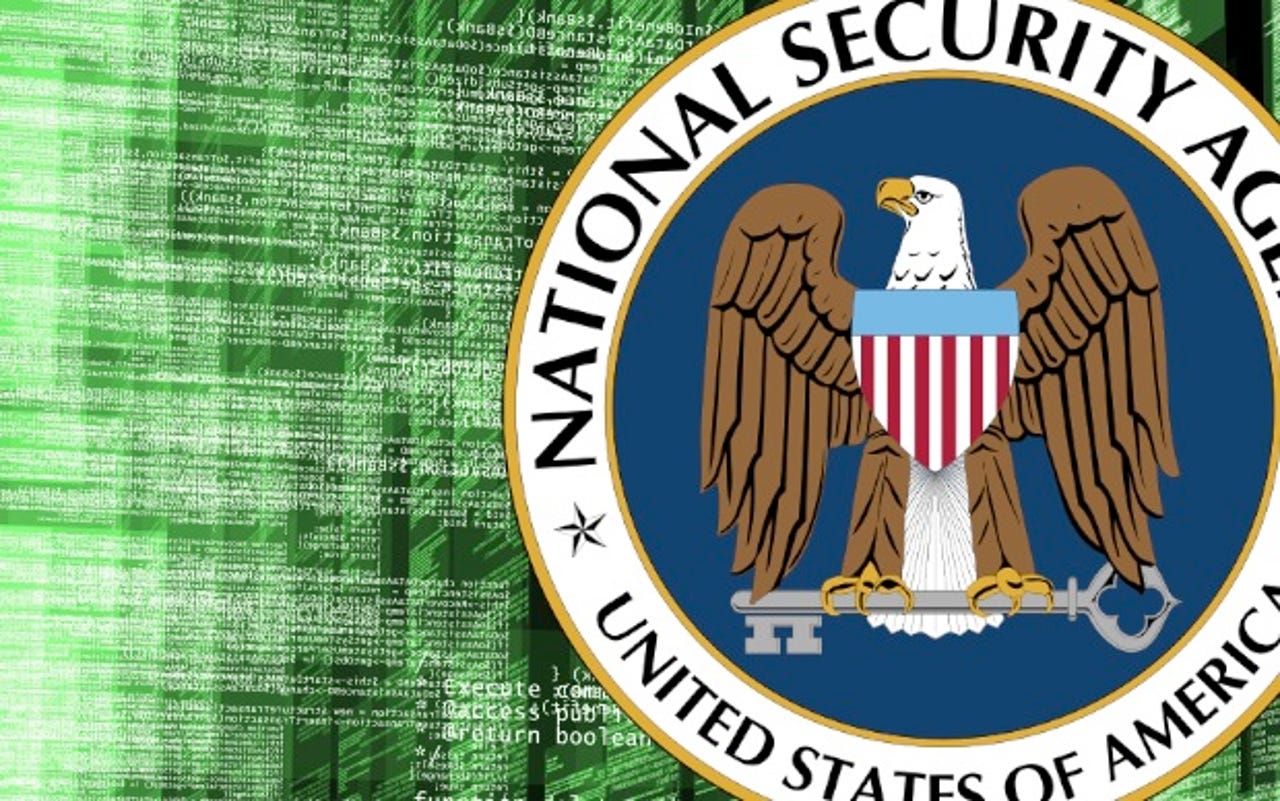U.S. secret surveillance court rules phone metadata collection lawful


A U.S. secret surveillance court has ruled the mass collection of telephone call data by the U.S. government as lawful, despite fears that the practice may fall in breach of Fourth Amendment rights against unwarranted searches.
In an opinion released on Tuesday, dated August 29, U.S. Foreign Intelligence Court Judge Claire Eagen said the initial ruling allowing U.S. intelligence agencies to vacuum up vast amounts of domestic and international call data does not violate the law.
Read this
The document [PDF], released by the Foreign Intelligence Surveillance Court (FISC), said it found "no Constitutional impediment to the requested production" of metadata from phone companies order to hand over "all tangible things" under Section 215 of the Patriot Act.
"The Court concludes that there are facts showing reasonable grounds to believe that the records sought are relevant to authorized investigations," the document read.
In spite of this, Eagen said the court was "mindful" that the opinion comes at a time when "unprecedented disclosures" have been made about "highly-sensitive programs," such as the PRISM and Upstream programs.
Noting the public's reaction, the opinion was declassified to allay fears of lack of transparency within the secret court.
Tuesday's disclosure comes three months after the first round of leaks provided to U.K. and U.S. newspapers by former U.S. National Security Agency contractor Edward Snowden, which detailed in part the extent of the U.S. government's mass surveillance operations in conjunction with other nations.
The first document released by Snowden was a court order directed at Verizon, which ordered over data details of calls made to and from U.S. customers, including times, caller and destination details.
While the contents of calls are not collected under the specific order, other secret orders are believed to allow such collection.
The three-month order gave the U.S. government agency an endless supply of data for the period. It was subsequently amended when it expired, despite the negative public reaction, as it had been since it was first issued seven years prior.
The full order can be found below.